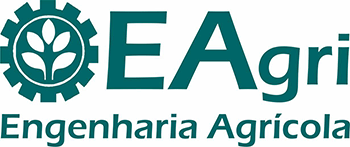ABSTRACT
Optimal solutions derived from linear programming models depend entirely on input parameters, which may present some imprecision because they come from estimates. Fuzzy linear programming allows the incorporation of these uncertainties in linear models, which can include the flexibility of resources, costs, goals, and constraints. This paper aimed to show new optimal solutions for a model to minimize the equivalent annual cost of micro-irrigation systems on sloping terrains. The Zimmermann-Werner fuzzy linear programming method, whose objective function is diffuse due to the restrictions of the hydraulic network being dispersed, was used. Sixty models were created and all solutions were satisfactory, with an annual cost of the irrigation system lower than the original model. The lowest value was US$ 238.74 ha-1, which occurred on the 3% slope. A reduction was observed in the annual cost due to the increased use of pipes with a 50-mm nominal diameter in the secondary line. Thus, fuzzy linear programming provided better solutions with small modifications to the irrigation system, while maintaining all hydraulic network requirements for proper system operation.
KEYWORDS
drip irrigation design; fuzzy linear optimization; flexibility restrictions; decrease in annual costs

 Thumbnail
Thumbnail
 Thumbnail
Thumbnail
 Thumbnail
Thumbnail
 Thumbnail
Thumbnail
 Thumbnail
Thumbnail
 Thumbnail
Thumbnail
 Thumbnail
Thumbnail
 Source:
Source: 




